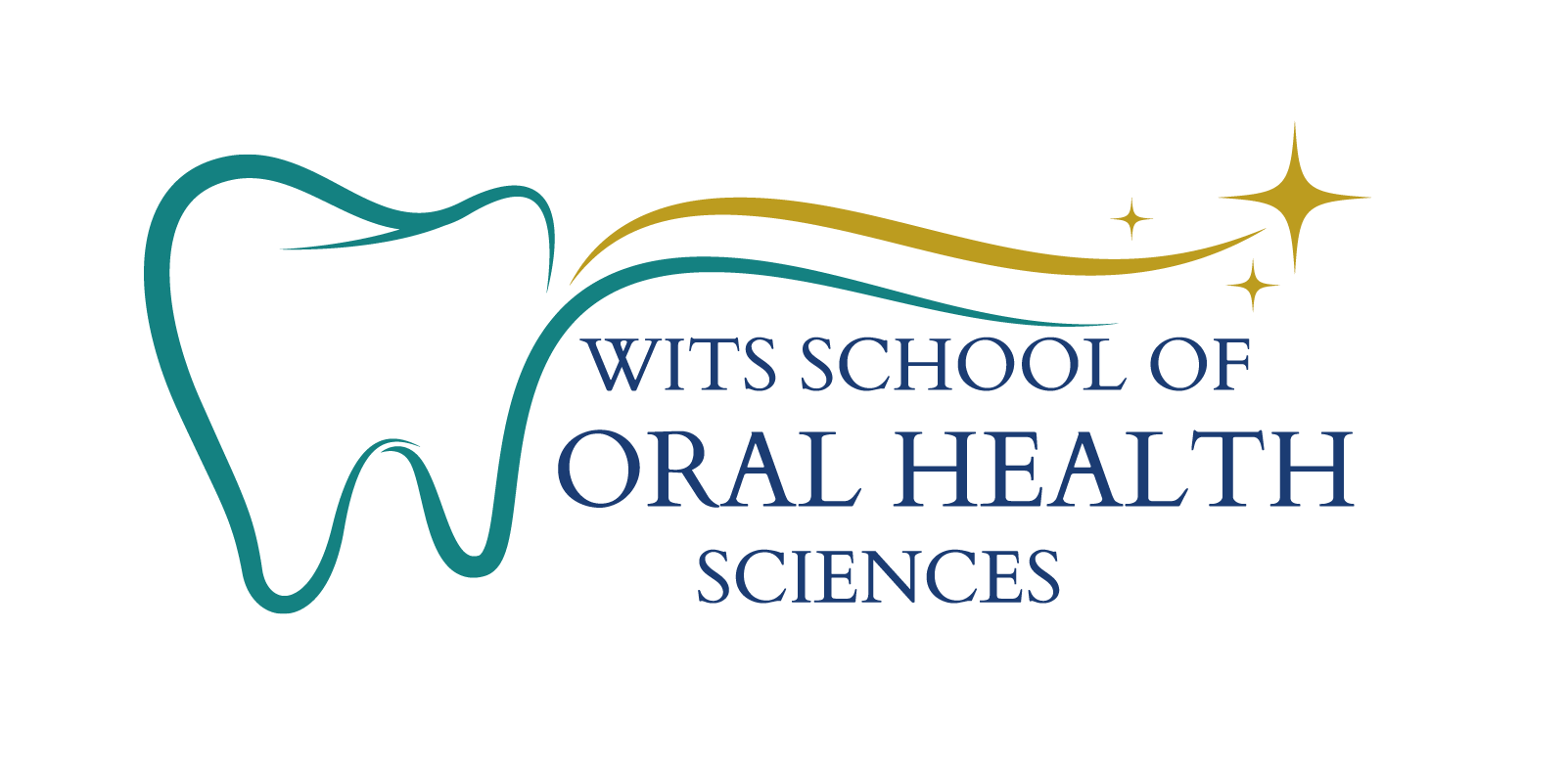Academic Programmes
Undergraduate Teaching and Learning
The department is responsible for the teaching of Bachelor of Dental Science (BDS)/ Dentistry students, from the first year to the final year of study. The School of Oral Health Sciences has introduced a new curriculum which commenced in the year 2020 and affected all the courses that are given in the department. The new curriculum will be fully in place in 2024. See below table for curriculum changes: -
|
Year of study |
Old Curriculum Courses |
New Curriculum Courses |
The year in which the new curriculum has been or will be introduced |
|
BDS 1 |
1)Operative Dentistry I |
1) Fundamental Dental Skills |
2020 |
|
BDS 2 |
1)Operative Dentistry II 2)Endodontics I |
1) Paediatric, Endodontics and Restorative Dentistry I |
2021 |
|
BDS 3 |
1)Operative Dentistry III 2)Endodontics II 3)Paediatric Dentistry I |
1) Paediatric, Endodontics and Restorative Dentistry II |
2022 |
|
BDS 4 |
1)Operative Dentistry IV 2)Endodontics III 3)Paediatric Dentistry II |
1) Paediatric, Endodontics and Restorative Dentistry III |
2023 |
|
BDS 5 |
1)Operative Dentistry V 2)Endodontics IV 3)Paediatric Dentistry III |
1) Paediatric, Endodontics and Restorative Dentistry courses will be part of Integrated Dentistry course |
2024 |
BDS 1 -2
The first two years of study (BDS 1-2) are pre-clinical years. In BDS 1, the pre-clinical courses of Operative Dentistry and Prosthodontics have been combined to form a course called Fundamental Dental Skills (FDS). In 2nd year the pre-clinical courses of Paediatric Dentistry, Operative Dentistry and Endodontic courses have been combined to form the Paediatric, Endodontics and Restorative Dentistry I (PERD I) course.
The students in these pre-clinical years get to learn mostly in the skills laboratory whereby they get to practice the skills on phantom/simulation heads and artificial teeth. The students do exercises that include drawings, tooth preparations, restorations, endodontics procedures (on both primary and permanent dentition) and many more. Both the theoretical and practical aspects form an important part of these pre-clinical courses.
BDS 3 – 5
After the extensive two-year training in the Skills laboratory, the students are considered to be competent to go to the clinic and treat patients under close supervision by staff members from the department. The students who are in their 3rd to 5th year of study get to treat both paediatric and adult patients who require restorative and endodontic treatment. The three clinical courses (Paediatric Dentistry, Endodontics and Operative Dentistry) have now been integrated to be taught as one course called Paediatric, Endodontics and Restorative Dentistry course (PERD). At the end of BDS 5, students need to be competent to do treatment planning, and manage patients (paediatric and adult) who require restorative work, endodontics/root canal treatments and paediatric dental work. The theoretical components of these PERD courses (PERD I-III) are more clinically orientated and requires vertical and horizontal integration.
Postgraduate Teaching and Learning
The postgraduate programs in the department are as follows: -
- Master of Science in Dentistry (MSc Dent)
- MSc Dent (Paedodontics)
- MSc Dent (Restorative Dentistry)
- MSc Dent (Endodontics)
The postgraduate students studying towards the above Masters degrees can do their degree by course work or by dissertation. The course work route requires the students to follow a set curriculum which includes a research report, whereas the MSc Dent by dissertation requires a student to complete a comprehensive research report to fulfil the requirement for their degree.
The duration of these programmes is 1 year full time or two years full time.
|
||
|
The MSc Dent (Paedodontics) |
The MSc Dent (Restorative Dentistry) |
The MSc Dent (Endodontic) |
|
Postgraduate students have the opportunity to be exposed to the following:-
|
Postgraduate students gets an opportunity to observe or treat under supervision:-
|
Postgraduate students get an opportunity to observe or treat under supervision:-
|
|
Upon qualifying, the MSc Dent students should be able to
|
||
2) Master in Dentistry (M Dent)
- Currently there are no M Dent programmes in the department
- The anticipated introduction of the speciality of Paediatric Dentistry in the future will give an opportunity for an M Dent in this field
2) PhD
- Currently the department does not have the capacity to train PhD students, but in the future through collaborations with other departments, this will be possible.


